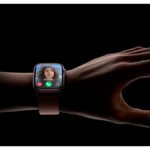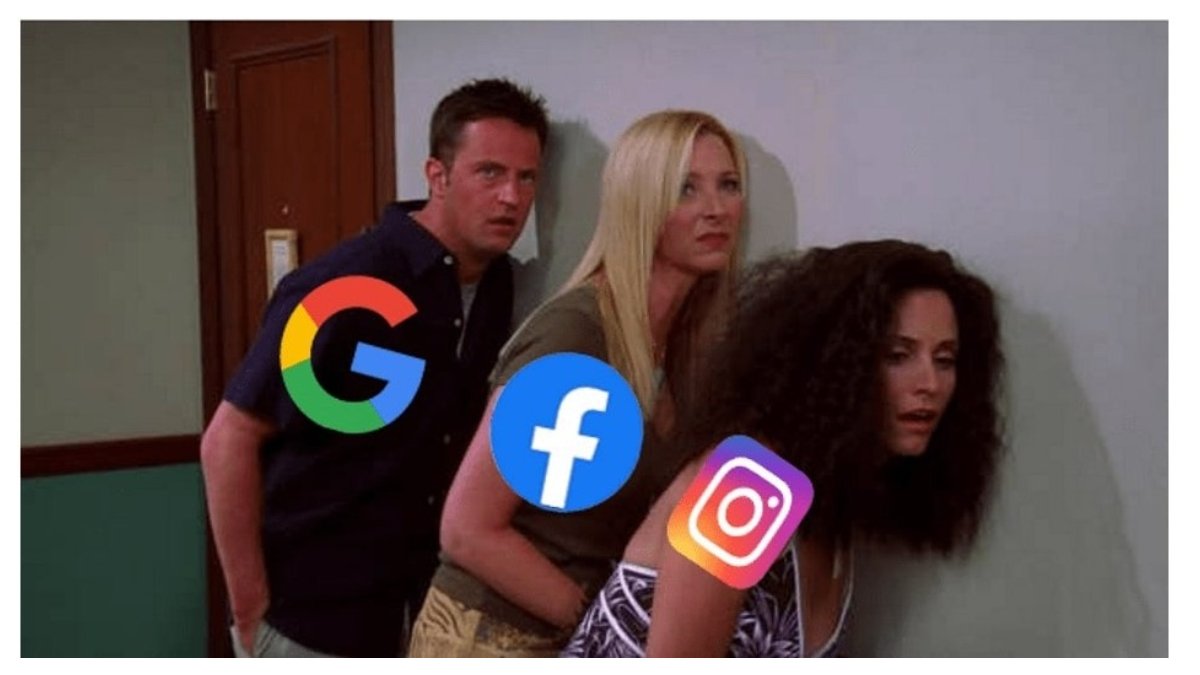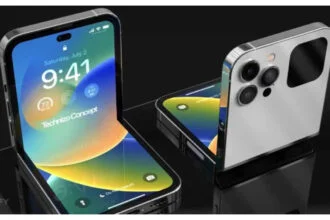Is Your Cell Phones Hearing Every Thing You Say The phenomenon of feeling surveilled by our mobile devices, particularly evident in targeted advertising based on our conversations, raises legitimate concerns about privacy and security. Understanding the mechanisms behind such occurrences is pivotal. It’s imperative to recognize that the functionality enabling targeted advertising, often attributed to algorithmic processing of user data, entails complex data analytics and machine learning algorithms. While some may perceive this as coincidental, it underscores a broader issue surrounding digital privacy and data protection.
To safeguard against potential privacy breaches and unauthorized surveillance, it’s crucial to adopt robust security measures and employ privacy-enhancing technologies. These may include utilizing encrypted communication channels, implementing stringent access controls, and regularly auditing device permissions and app usage. Moreover, employing virtual private networks (VPNs) and utilizing privacy-focused browsing practices can fortify digital privacy and mitigate the risk of unauthorized data collection.
In essence, while the prevalence of targeted advertising and perceived surveillance may raise concerns, proactive measures can be taken to fortify digital privacy and safeguard personal data from unauthorized access.
Firstly turn off the voice assistant
Certainly, by disabling or restricting the use of voice commands and queries on your mobile device, you can mitigate the risk of unauthorized listening to keywords and phrases. Alternatively, if complete deactivation is not desired, adjusting permissions and settings can provide a middle ground. This entails configuring which applications are granted access to the voice assistant, specifying the data it can retrieve, and delineating the features it can manipulate.
Furthermore, taking proactive steps such as managing the voice assistant’s history and deleting collected data stored locally or in the cloud can enhance privacy protection. By implementing these measures, individuals can reduce the likelihood of surreptitious surveillance and better safeguard their personal information from unauthorized access or exploitation.
Use a VPN or firewall
Indeed, a Virtual Private Network (VPN) serves as a potent tool in augmenting digital privacy and security. By leveraging a VPN, users can effectively block or encrypt the communication channel between their mobile device and the voice assistant’s servers. This serves to obfuscate any data transmissions that could potentially be exploited for eavesdropping or targeted advertising purposes.
In essence, the utilization of a VPN establishes a secure and private connection, thereby mitigating the risk of unauthorized data interception or manipulation. This proactive approach empowers individuals to safeguard their digital footprint and minimize the likelihood of privacy breaches or intrusive surveillance.
Mute Or Cover The Microphone
To further bolster privacy measures, individuals can opt to physically cover or mute the microphone on their mobile device. This proactive step entails physically obstructing the microphone to prevent any sound or voice input from being captured. While this action may potentially impact the quality of calls, recordings, or videos, it serves as a tangible means of preventing unauthorized data collection and surveillance. By physically obstructing the microphone, individuals can effectively mitigate the risk of their data being intercepted or exploited for nefarious purposes.


















